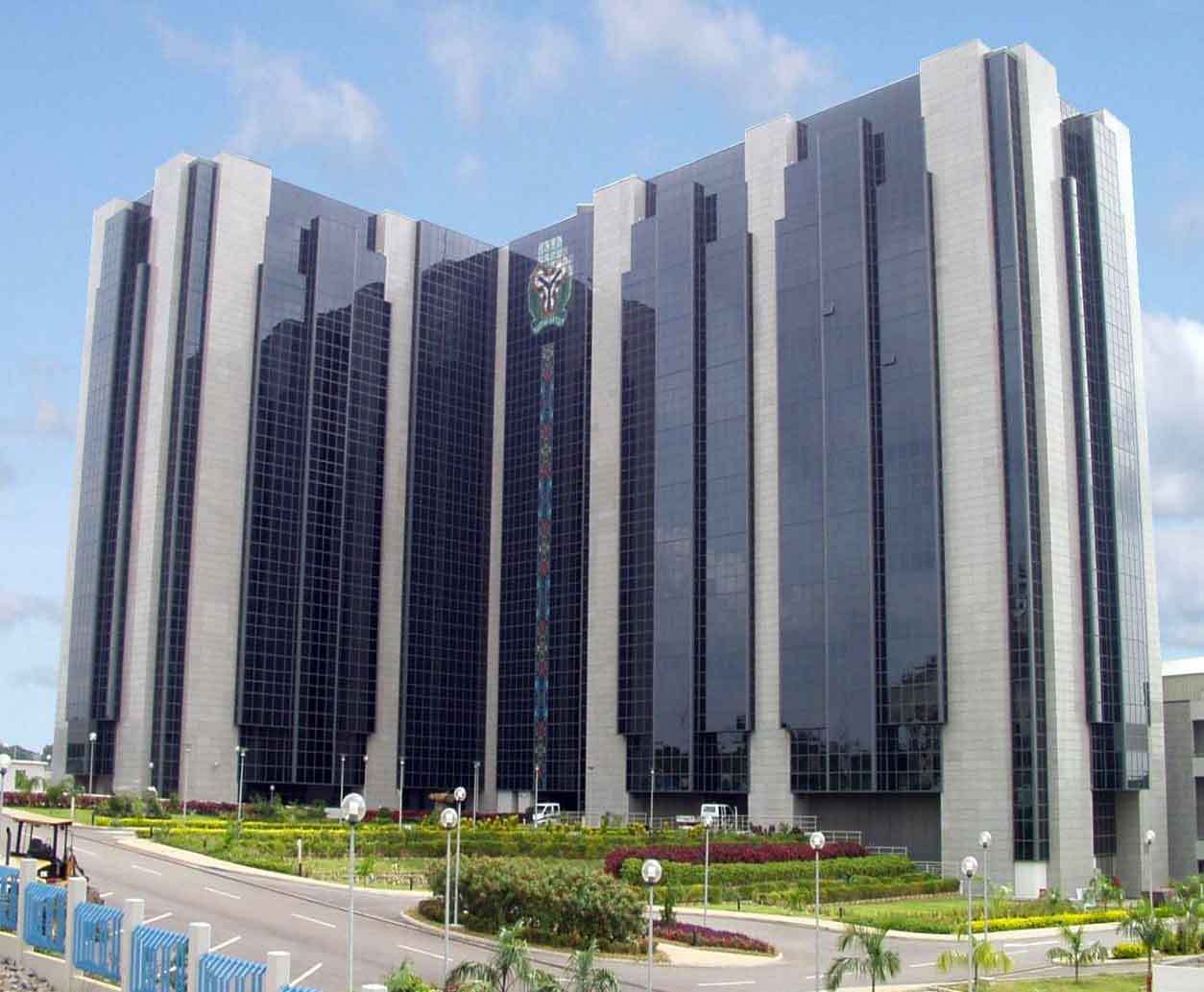Who needs an MPC after 19 months of status quo? The MPC is like the boy who cried ‘Wolf!’, till he lost credibility in the sight of his neighbours. Who will come to its aid now?
Nigeria has stayed without an active Monetary Policy Committee (MPC) so far in 2018. A political stalemate between the Executive and National Assembly has caused a delay in the latter’s confirmation of Buhari’s nominees. In such a situation, the central bank ought to establish a quorum, which is a temporary board containing at least 6 members. However, the apex bank has not been able to do so as only four out of 12 members are still seating.
The absence of an acting MPC has raised concerns over the effects of a pause in economic and monetary policy making. This is especially worrying given the recent developments in the US money and forex market.
The US dollar has lost 12% in value since November 2017, falling to the lowest level since 2014. Additionally, the Federal Reserve, led by Jerome Powell, has signaled a continuation in its contractionary policy. Analysts predict at least three hikes this year, bringing the Fed rate to 2.00-2.25% by December from the current 1.25%-1.5%. 91-day T-bill rates have also in-creased by 0.22% YTD, and are expected to continue on this upward trend. These have been driven by heightened worries over runaway inflation, prompting investors to sell dollars and US T bills.
Additionally, comments from the Treasury Secretary indicated that the US could adopt a devaluation to support its trade balance.
These developments have implications for Nigeria, as they increase the competitiveness for the US market. First, weaker dollar will make US goods cheaper, and could lead to an increase in demand for US exports. Higher interest rates are also positive for hot money traders, who might find the US money less risky, and more attractive for investments. These could lead to capital flight, which will put pressure on the external reserves and exchange rate.
The response of the CBN in such moments would be a tightening of monetary policy rates, to keep domestic yields high and attractive. However, given the lack of a quorum, or confirmation of new members, the CBN is unable to response with the required policy.
What are the alternatives?
Without a quorum, the CBN’s hands may be tied with respect to traditional monetary policy measures. However there are still options open to the CBN, one of which is forward guidance. Forward guidance is the term used by central banks to communicate their future monetary policy decisions. It is used mostly to instill calm in the wake of market uncertainty. The Central Bank of Nigeria has come forward to say it will adopt this unconventional method of implementing monetary policy, which is not uncommon. Global monetary authorities that have used this concept in the past to implement policy decisions include the Federal Open Market Committee of the US (2013).
In the same year, the Bank of England and the European Central Bank also adopted the use of forward guidance to address monetary policy decisions. The CBN’s decision to proceed with forward guidance in a period of no MPC quorum will help ensure confidence in the policy decision process of the Central Bank. It also provides a clear communication of future decisions that will be taken and hence the markets, investors are duly informed. It portrays the fact that there is still some guidance in place even if there is no committee.
Source FDC














